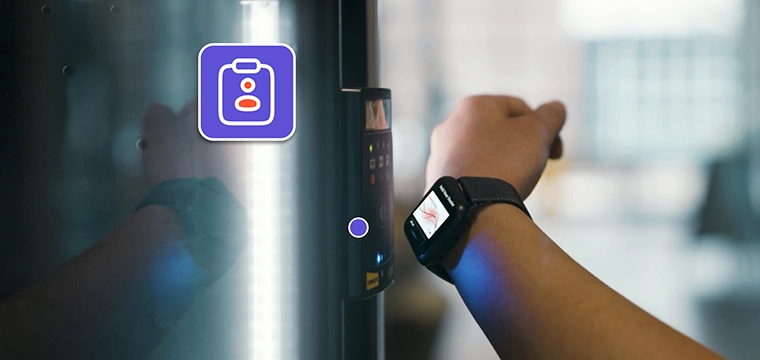
Card data can refine services and identify at-risk students, but privacy concerns abound
Student-specific data is required to identify those at-risk, while anonymized data can help an institution identify trends and invest accordingly, he explains.
For years campuses have used card system data for financial reconciliation and reporting on permissions for events and services, says Fred Emery, director of OneCard sales at Heartland OneCard. “However, the trend in recent years has been to delve deeper into the data to see how it can be utilized to improve business operations and student life.”
[pullquote]The relationship between a student and their institution has to be one of inherent trust, and that trust must extend to the use of data for analytics.[/pullquote]
As technology has improved and the service expectations of students have increased, the conversation on how to use data has evolved.
“Students are much more savvy as it relates to expected service,” Emery says. “This evolution has sparked campuses to improve service and shifted the discussion to expanded use of campus card data to help meet these needs.”
Let’s stop here and acknowledge the sensitivity of the issue – student privacy. This is what causes many to balk at the idea of using card system data – or any data for that matter. It carries a certain stigma, and these concerns will likely always be a stress point.
“The concerns are definitely valid,” says Pittinsky. “But they are healthy checks and balances to ensure that uses of the data are carefully vetted and designed with privacy in mind.”
When it comes to privacy, data can reveal more than just spending habits. “Knowing where and when a person is on campus or which campus resources someone uses – the gym, campus counseling services – is deeply private,” says Pittinsky. “I believe there are appropriate uses of the data in aggregate form, but they are limited.”
The simple fact is that most campuses have a significant amount of data currently available to them. “In most cases this data is widely distributed among many campus information systems – the card system being one,” says Grey Bartholomew, product manager at CBORD.
Campuses that have a more centralized governance structure are much more equipped to leverage data from multiple systems, he says.
The amount and type of card system data that campuses have will vary from institution to institution, says Fred Emery, director of OneCard sales at Heartland OneCard. “It’s contingent upon the extent of the card program and the locations where transactions occur. The more locations that accept your campus card, the more data you may have.”
The amount of data could also be dependent on whether a campus is recording pass and fail transactions, as well as how long that data is kept within the system, Emery explains. “The possibility is there to have a large amount of data that can be analyzed by the campus to improve business operations and enhance student life, but many campuses have not thought about using the campus card data in this regard.”
When it comes to the managing data, Emery says that it’s up to the university to manage scope. “Expanding the use of a campus card system to different areas of acceptance will increase the data available and can help campuses leverage it.”
Privacy typically comes at the expense of utility.
Analyzing card system data could be the difference between helping a student through a rough patch and seeing them drop out, but overly stringent limitations on its use could curtail this positive capability.
The biggest benefit to card system data analytics is that it can be used to drive student success, says Grey Bartholomew, product manager at CBORD. “Studies show that a student’s sense of belonging or engagement is a significant predictor of degree completion.”
Any data analysis that’s used to determine an individual’s state of mind is going to be polarizing since it can feel like Big Brother, Bartholomew says. “It is time that administrators, parents and students have an open conversation about the topic.”
He stresses that it’s vital to ask the tough questions. “When does an individual’s well being trump privacy?” “Are parents and students willing to sacrifice some level of privacy for personal safety?”
“According to the National Alliance on Mental Illness, more than half of all students with a mental or emotional crisis withdraw from school, and more than half of those students never access campus crisis services,” Barthlomew says. “Identifying potentially at-risk students is possible when the card system transaction data can be interpreted to show changes in behavior.”
Campuses can use card system data to map the habits of successful student populations and those habits can help define what an engaged student looks like. “Quantifying this information enables the application of those successful habits to all students,” he says.
Even this seemingly harmless exercise can be troubling to privacy-sensitive individuals. The reason for the sensitivity when identifying at-risk students is that campus card data can reveal private information – where you were, when, and in some cases with whom.




